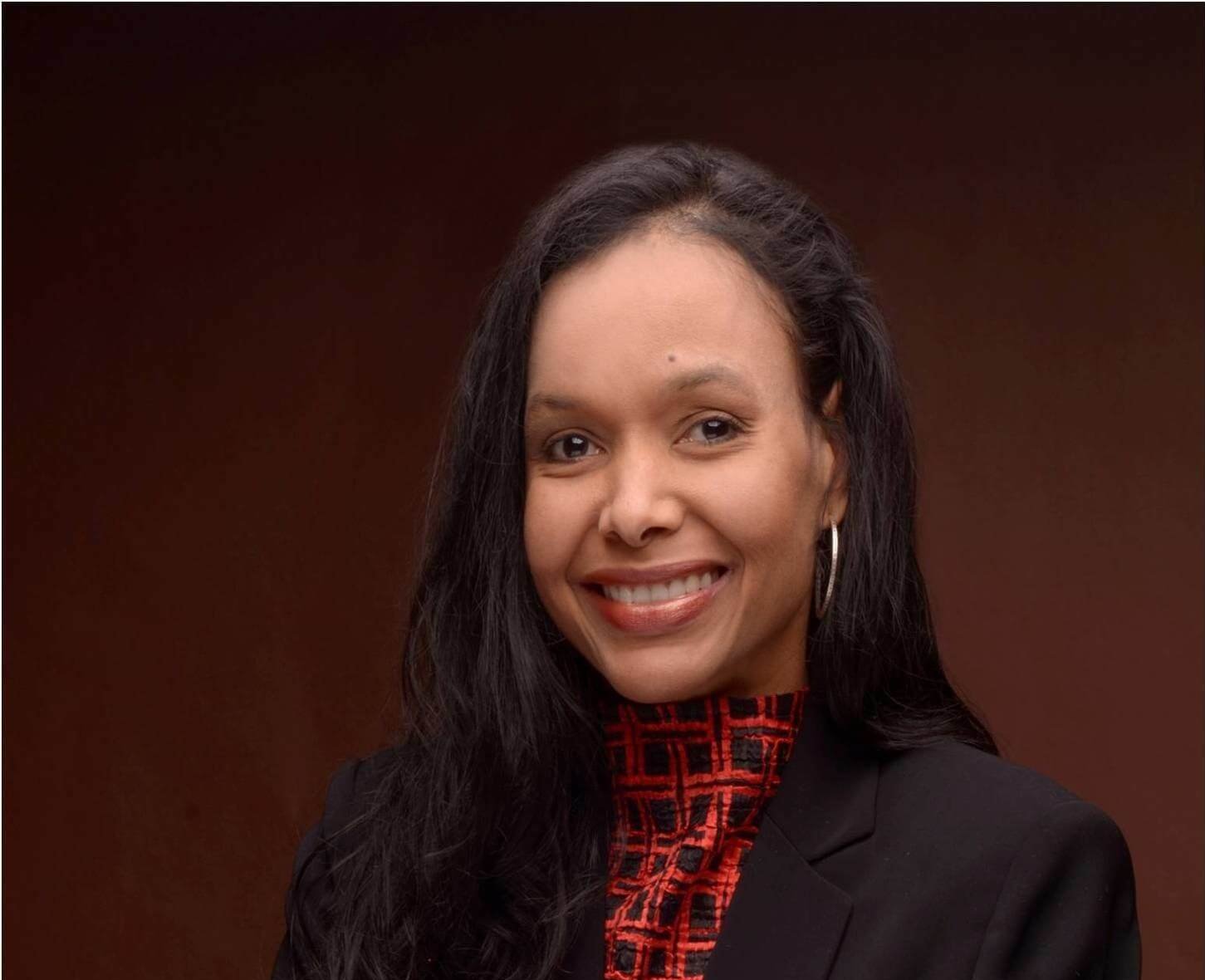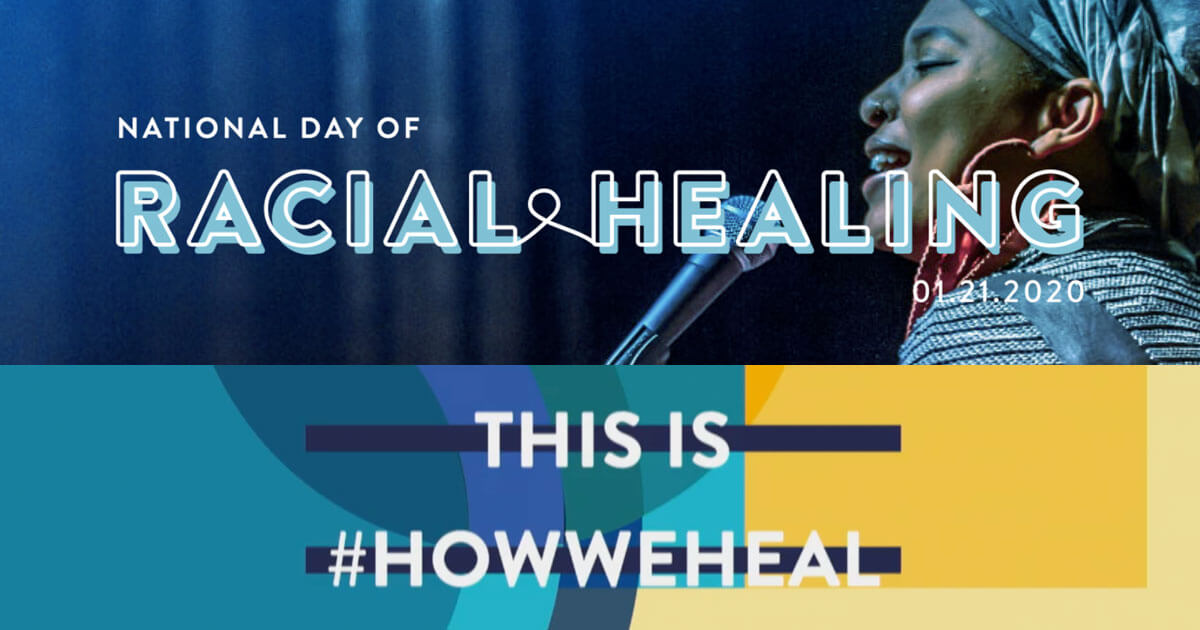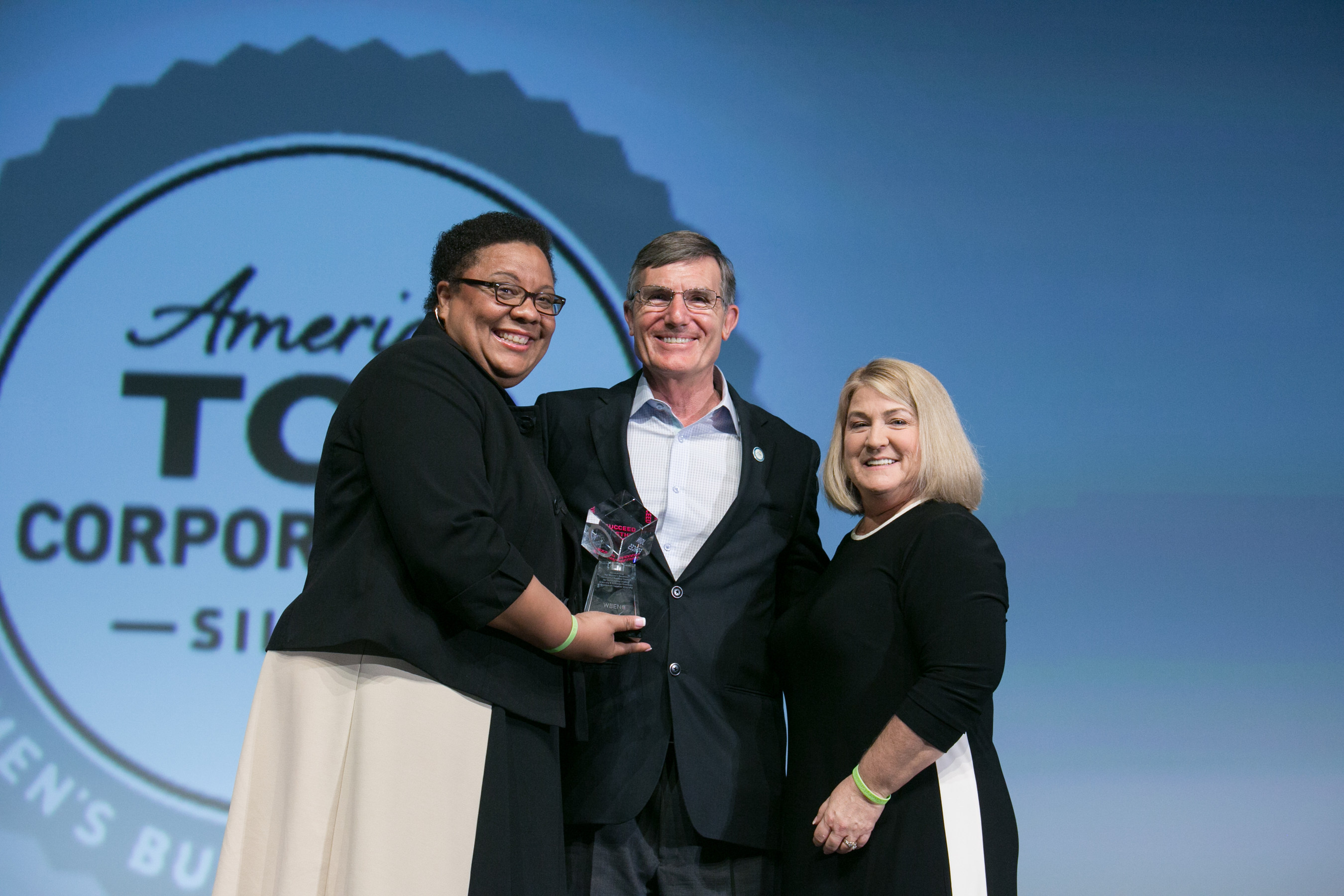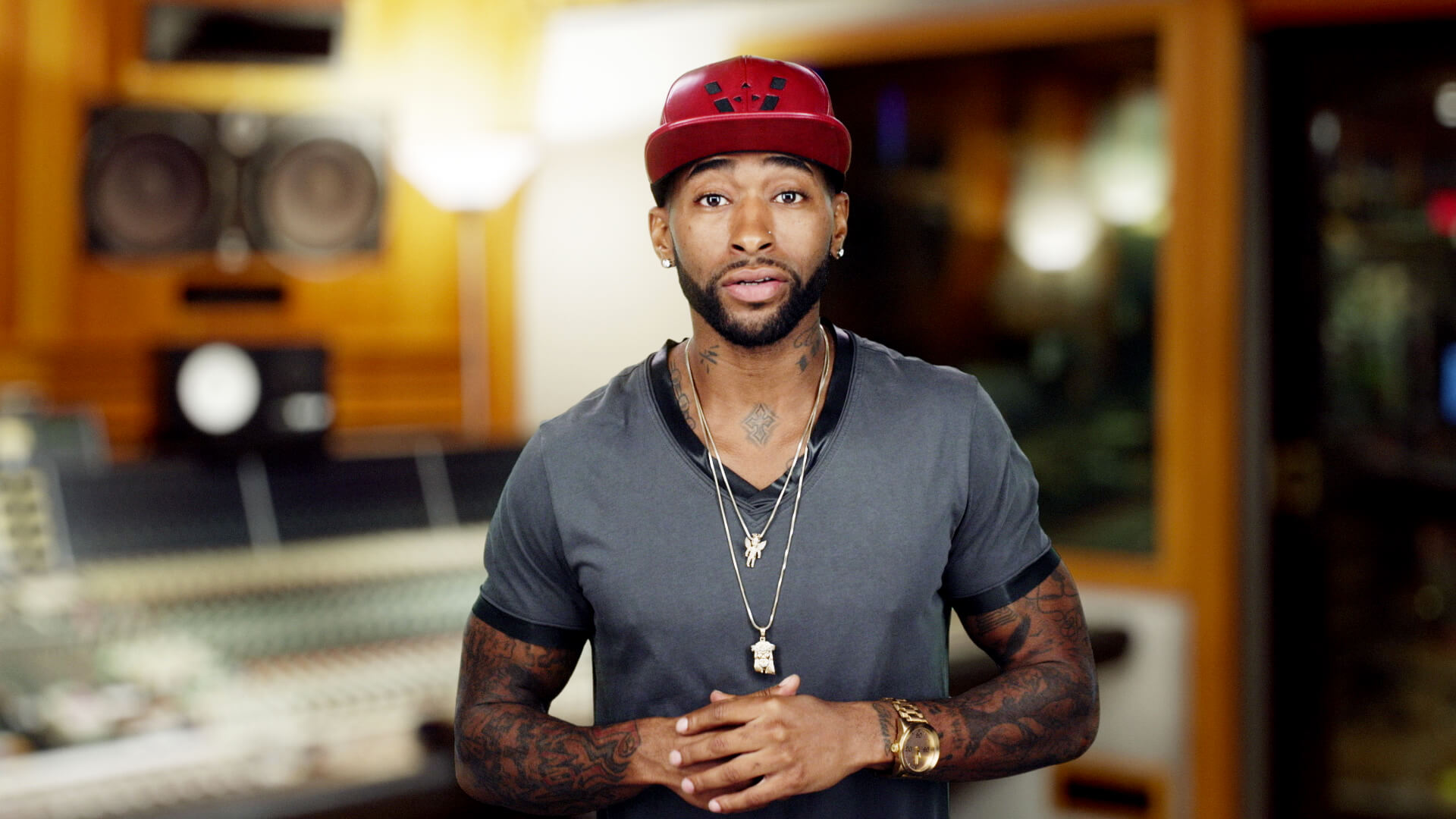100 Years After Burning and Bombing of Tulsa’s Black Wall Street, Maggie Anderson’s Historic Year of Buying Black and Her Groundbreaking Book “Our Black Year” More Relevant Now Than Ever
The author, activist and speaker explains why protests and politics won’t produce justice and equality, and shares 5 ways conscious consumers can counter structural racism.
CHICAGO, June 12, 2021 /PRNewswire/ — In 2009, long before Black Lives Matter, when the term “buy Black” was taboo, John and Maggie Anderson, a corporate, highly-educated suburban couple, decided to make their own protest against racism and inequality by buying Black for an entire year.
The Empowerment Experiment (EE) earned massive press coverage and resulted in a landmark study conducted by the renowned Kellogg Graduate School of Management at Northwestern University. The study, championed by The Empowerment Experiment Foundation, proved that close to 1 million new American jobs could result if middle class Black families were to increase spending with Black businesses from a paltry 3% to a practicable 10%. The entire study is featured in Maggie’s acclaimed book, Our Black Year – One Family’s Quest to Buy Black in America’s Racially Divided Economy.
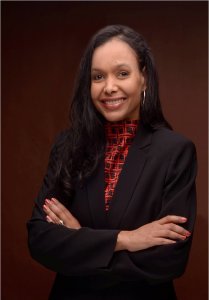
Beyond a detailed account of their stand and study, Our Black Year is also a treatise on the awe-inspiring history of Black businesses, the source of their demise, the economic injustice that results, and a call to action to cure it. The book earned praise from Publishers Weekly, Book Today, Library Journal, and several iconic business and community leaders like Cathy Hughes, chairwoman and owner of the Urban One empire; Ron Busby, president and CEO of the U.S. Black Chamber; and Marc Morial, president and CEO of the National Urban League. “The Anderson’s economic odyssey is nothing short of heroic!” raved Alfred Edmond, editor of Black Enterprise, in his review of the book.
As a former aide to Congressman John Lewis and former law student of President Obama, Maggie was proud of the book, the press, and the study, yet disappointed EE failed to inspire Black economic solidarity, or a serious dialogue on and investment in Black businesses. Instead, she found that many Blacks were reluctant to or unable to support their own; and others condemned EE, calling her a racist and sending death threats.
So, Maggie made another pledge. She would not use her University of Chicago JD/MBA to go back to Corporate America or practice law. The daughter of working-class Cuban immigrants became a full-time activist, a thought leader in the Buy Black and economic justice movement, a forceful advocate for business diversity and inclusion, and a sought-after speaker and lecturer. “She inspires both with her words and her actions,” recounts Morton Schapiro, distinguished economist and president of Northwestern University, after hosting her as the university’s MLK keynote speaker. Doyle Mitchell, Jr., president and CEO of Industrial Bank, also praised Maggie’s sustained commitment saying, “Our racial equity and economic parity depend on our dedication to the principles and dedication Maggie has written about in Our Black Year, spoken of in her speeches, and demonstrated in her everyday life.”
The activist says her commitment to Black businesses is a tribute to Dr. King, the Civil Rights movement, and the Black entrepreneurs that funded it. “We can’t just fight like they fought. We have to buy like they bought,” says Anderson. Now, Maggie views this new era of Black pride and sudden interest in ‘buying Black’, ushered in by the protests following George Floyd’s murder, with cautious optimism, saying, “I’m happy we are fighting systemic racism with our protests and politics, but we are still enabling it with our purchases and business practices.”
During EE and still today, Black wealth is about 10 percent of white wealth. Maggie has identified three sources of Black business failure and Black buying power’s ineffectiveness explaining, “One problem is that Black consumers – unlike consumers of other minority or marginalized groups – do not proactively support their own businesses. At the same time, most of the businesses in our (Black) communities and those representing Black culture, like hair care and beauty supply stores, are owned by outsiders when they used to be owned by us. And, there is inadequate representation of our businesses in Corporate America’s supply chains and on the shelves.” Maggie counters these problems with her speaking and her spending. From her coffee to her mortgage, all are Black owned. “It’s not that hard. And it’s not too late.”
Maggie’s Top 5 Tips to Empower Black Businesses and Communities:
- Open an account, get a mortgage or refi with a Black bank or credit union.
- Buy hair, skin, and beauty products from Black companies and beauty supply stores.
- Engage Black professionals, press, and contractors for your personal and business needs.
- Seek Black franchisees, agents of mainstream brands and Black-made products and Black designers at mainstream retailers.
- Buy a membership, make a recurring donation to, or sponsor a Black business, empowerment, professional, civic or trade organization.
SOURCE EE

